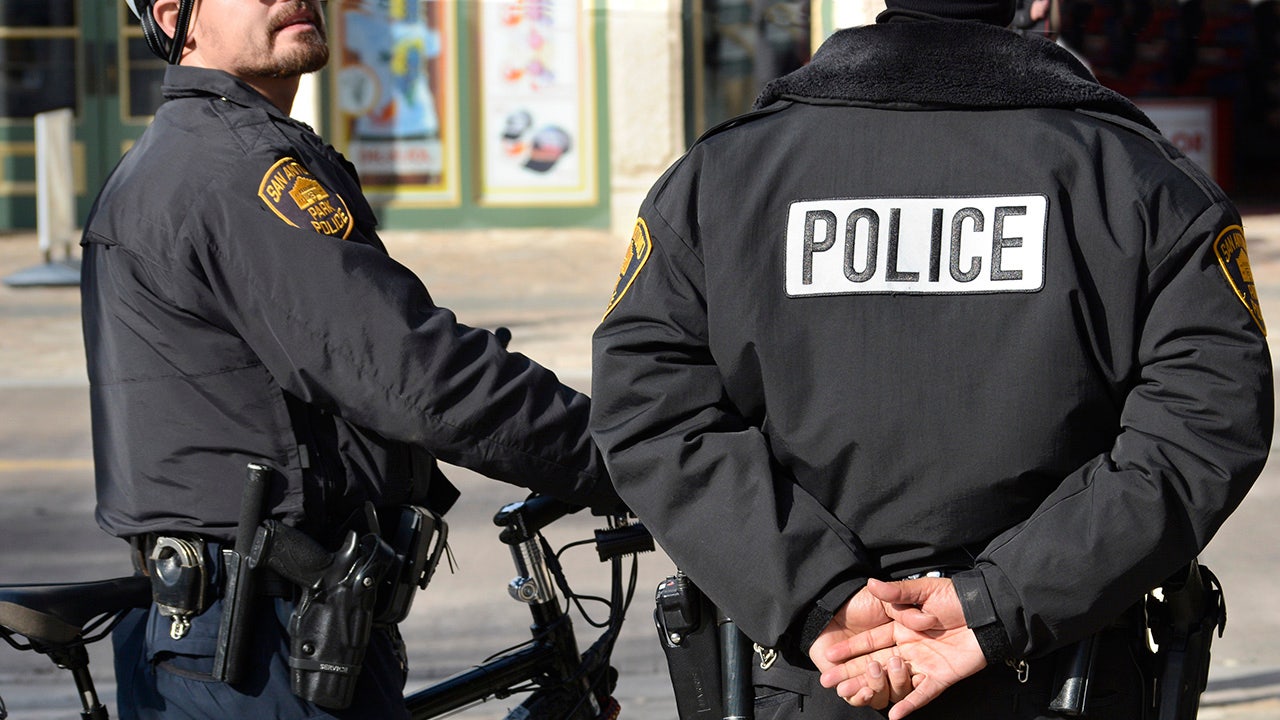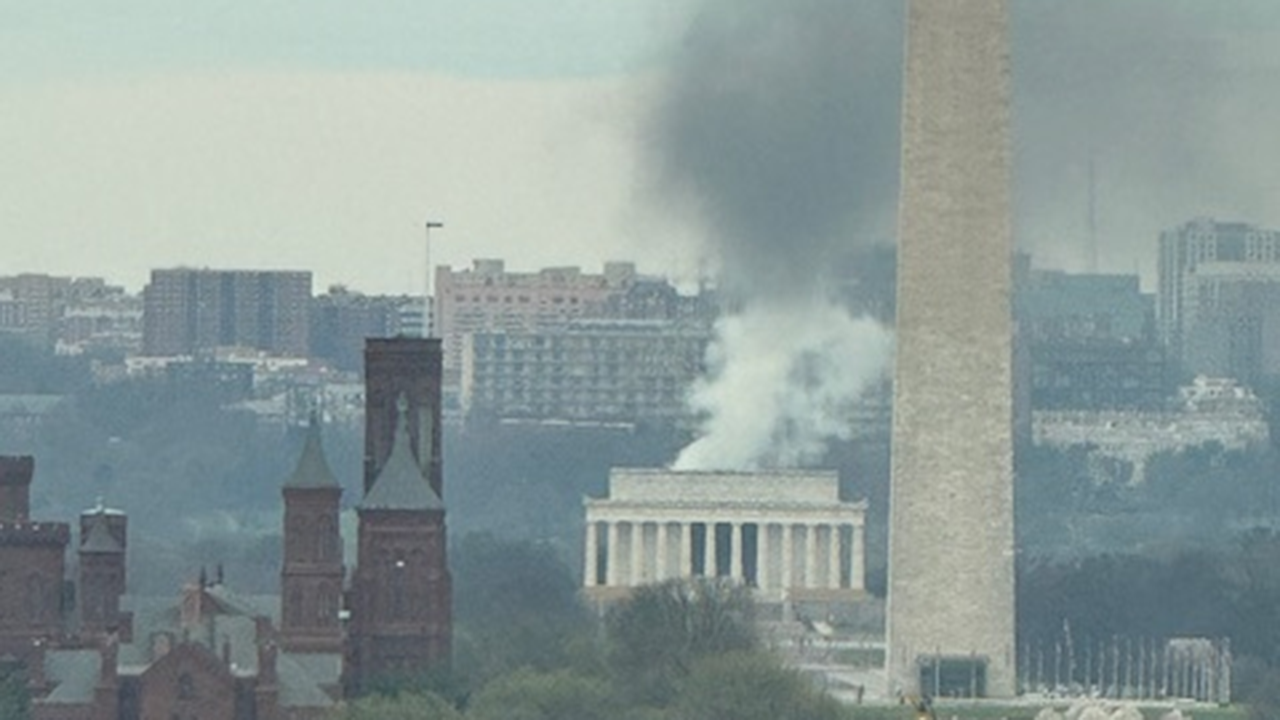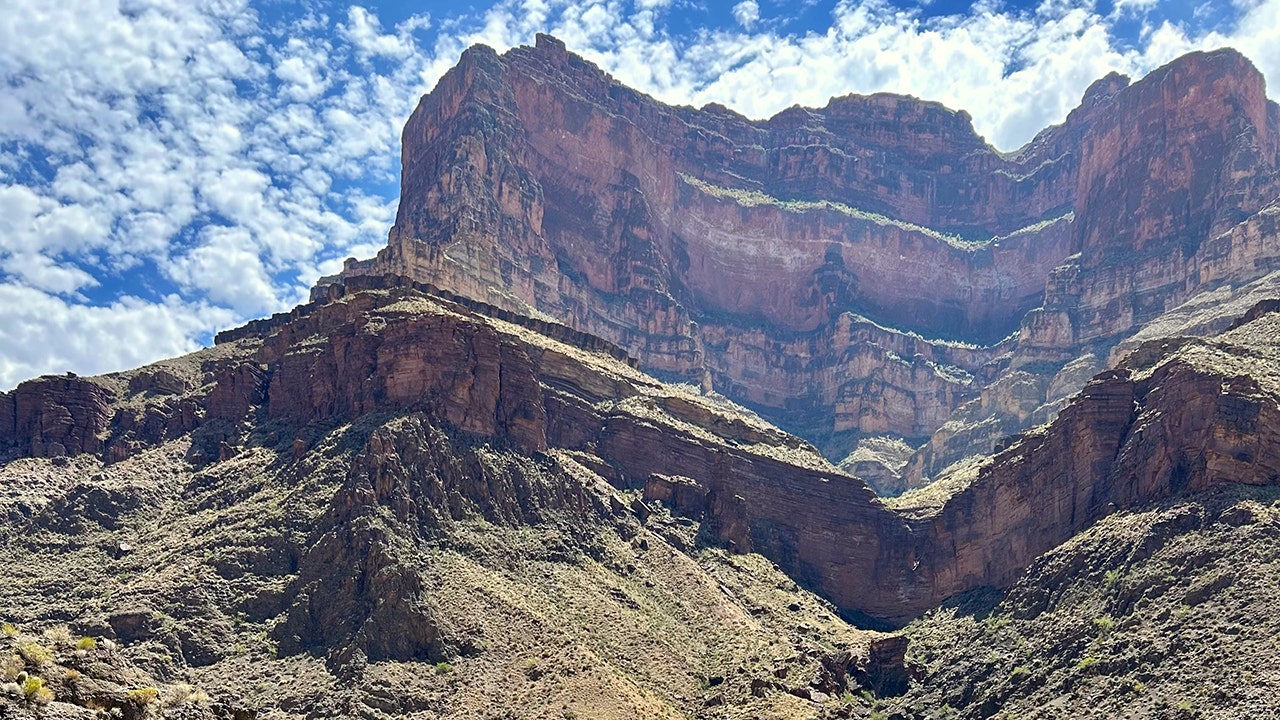Arnold Kling, an economist, published a book a decade ago that offered a way to think about the core difference between progressives and conservatives. Progressives, Kling wrote, see the world as a struggle between the oppressor and the oppressed, and they try to help the oppressed. Conservatives see the world as a struggle between civilization and barbarism — between order and chaos — and they try to protect civilization.
Like many frameworks, Kling’s is a simplification, and it’s easy to find exceptions. But his book has been influential because the framework often sheds light on political arguments.
The debate over pro-Palestinian protests at Columbia and other universities has become an example. If you want to understand why university leaders are finding the situation so hard to resolve, Kling’s dichotomy is useful: The central question for colleges is whether to prioritize the preservation of order or the desire of students to denounce oppression.
In today’s newsletter, I’ll lay out the cases of the dueling sides.
Confronting injustice
For the student protesters, the injustice in Gaza is so horrific that it takes precedence over almost anything else.
The death toll in Gaza since Oct. 7 is more than 30,000, the Gaza Ministry of Health reports. Entire neighborhoods are rubble. Israel has slowed the entry of basic supplies into Gaza, and many families are hungry. (My colleagues Vivian Yee and Bilal Shbair profiled two families trying to find their children enough to eat.)
The protesters view this suffering as an atrocity that demands action, much as Jim Crow laws, the Vietnam War and South African apartheid did for earlier students. In a statement yesterday, a pro-Palestinian group at Columbia cited as inspiration the anti-Vietnam War demonstrators who were killed at Kent State University in 1970.
If classes must be canceled and graduation ceremonies can’t happen, all the better, the students say. The disruptions will force the world to confront what the protesters describe as a genocide. “Big picture, genocide is happening, and this is where we stand,” one Columbia graduate student told the publication Hell Gate.
Many protesters specifically call for their universities to divest from companies that do business in Israel or help produce military equipment.
Some students have framed the debate as being about free speech, and free-speech principles do play a role. But I don’t think they are as central as Kling’s frame. Both sides, after all, have tried to restrict speech. Supporters of Israel have doxxed pro-Palestinian students and tried to penalize slogans like “From the river to the sea.” Pro-Palestinian protesters have ripped away Israeli and U.S. flags and tried to prevent pro-Israel students from speaking.
The protesters’ abiding principle is not freedom of speech. It is justice for the oppressed.
Preventing chaos
For the protesters’ critics, the breakdown of order is the central problem — because a community that descends into chaos can’t function.
Protesters have frequently violated colleges’ rules. They have erected tents in public places and overwhelmed those areas. Columbia has switched to hybrid classes because of the turmoil.
Even worse, some protests have involved harassment and violence. The University of Michigan had to cut short an honors ceremony for students. At Vanderbilt, more than 20 protesters stormed the president’s office, injuring a security guard and shattering a window. At Columbia, videos have shown protesters threatening Jewish students with antisemitic vitriol, including a sign talking about Hamas’s “next targets.”
If universities do not enforce their own rules against such behavior, the rules have no meaning, administrators fear. Other protesters, seeing their own causes as existential, could likewise halt normal life. Perhaps they would be climate activists or students outraged by China’s oppression of Uighurs — or even demonstrators with right-wing views unpopular on American campuses. If anti-abortion protesters were to take over a quad for days, would university administrators ignore their own campus rules?
Jason Riley, a Wall Street Journal columnist, has compared the protesters’ tactics to those of the white residents of Arkansas who tried to use physical intimidation to prevent the enforcement of a law they didn’t like: school desegregation. President Dwight Eisenhower responded by proclaiming that “disorderly mobs” could not triumph, Riley noted.
College administrators are not making such analogies. Many express sympathy for the protesters’ concerns. But some insist that society can’t function if people violate rules without consequence. “We cannot have one group dictate terms and attempt to disrupt important milestones like graduation to advance their point of view,” Minouche Shafik, Columbia’s president, wrote to the campus this week.
What’s next?
I recognize that not everybody will accept Kling’s framework for this debate. Pro-Palestinian students will say that Israel is the true source of disorder, while pro-Israel students will say that Hamas is the true oppressor.
Still, I think the Kling dichotomy captures the dilemma that university leaders face. The protests continue, and graduation season is approaching. Those leaders will have to make difficult decisions about what values to prioritize.
Other Big Stories
Opinions
Trump’s criminal trials make him seem like a victim. That could help him on Election Day, Stuart Stevens, a Republican political consultant, writes.
The federal government should test people for avian flu now, before an outbreak starts, Zeynep Tufekci writes.
Here’s a column by Charles Blow on the Vietnam War and the Gaza protests.
MORNING READS
Athens: A Saharan dust cloud has turned the city orange.
Meet Cait Bailey: She’s a publicist to major celebrities, and her boyfriend is a famous chef. But she’d prefer to keep a low profile.
Diet: Could calorie restriction or intermittent fasting help you live longer? Read what scientists know.
Broods: Trillions of cicadas are emerging after more than a decade of feeding on tree roots. Get ready.
Lives Lived: Helen Vendler’s power as a poetry critic derived from her close and impassioned readings. A fellow critic called her a “colossus.” Vendler died at 90.
SPORTS
Queens Park Ladies: An under-12 girls’ soccer team in England joined a boys’ league — and went undefeated. “They definitely underestimated us,” Edith Wragg, one of the players, said.
N.F.L. Draft: Four quarterbacks are expected to go in the first round tonight.
N.B.A.: The Miami Heat shocked the Boston Celtics in a 111-101 road win to even the series at 1-1.
College football: Reggie Bush’s 2005 Heisman Trophy was reinstated, nearly 14 years after he forfeited it during a scandal.
ARTS AND IDEAS
The Venice Biennale, the world’s best event to discover new art, opened with a Prosecco-soaked weekend. Artists, along with critics and collectors, filled the city.
The Times’s critic Jason Farago was one of them. While he loved some of the work, he didn’t love the theme, “Foreigners Everywhere,” which he felt reflects a problem in our culture. “It’s often preachy, but that’s not its biggest problem. The real problem is how it tokenizes, essentializes, minimizes and pigeonholes talented artists,” he writes. Read his review.
Related: Venice is trying to limit tourism with a small fee on busy days.






